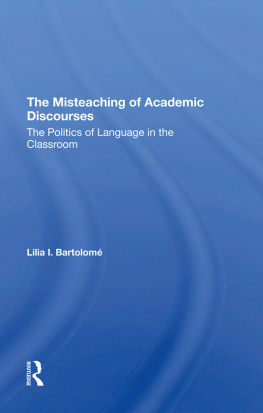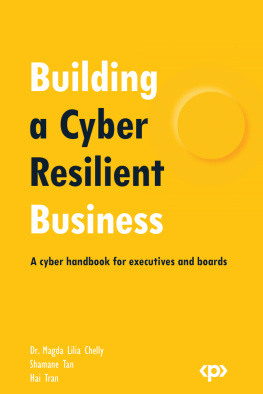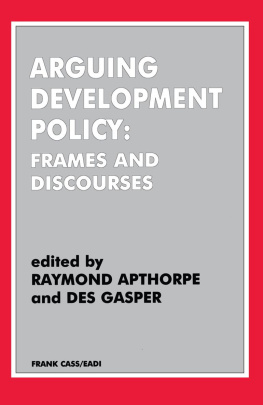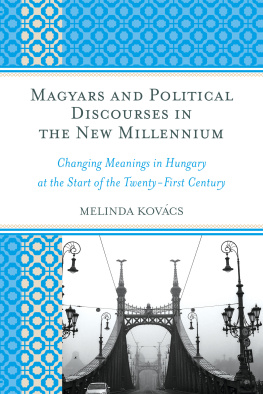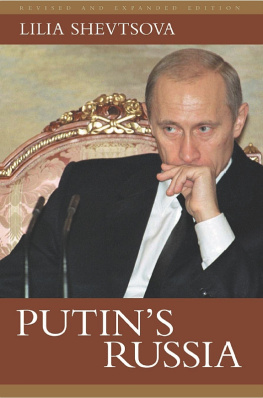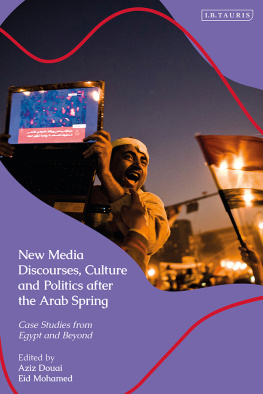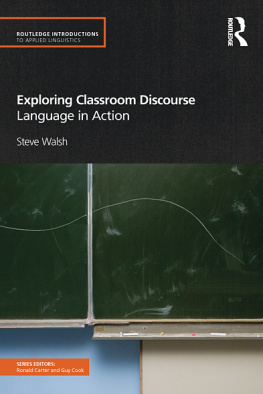The Misteaching of Academic Discourses
THE EDGE: CRITICAL STUDIES IN EDUCATIONAL THEORY
Series Editors Joe L. Kincheloe, Peter McLaren, and Shirley Steinberg
The Misteaching of Academic Discourses: The Politics of Language in the Classroom, Lilia I. Bartolom
Power/Knowledge/Pedagogy: The Meaning of Democratic Education in Unsettling Times, edited by Dennis Carlson and Michael W. Apple
Teachers as Cultural Workers: Letters to Those Who Dare Teach, Paulo Freire
Revolutionary Multiculturalism: Pedagogies of Dissent for the New Millennium, Peter McLaren
Kinderculture: The Corporate Construction of Childhood, edited by Shirley Steinberg and Joe L. Kincheloe
Pedagogy and the Politics of Hope: Theory, Culture, and Schooling (A Critical Reader), Henry A. Giroux
Literacies of Power: What Americans Are Not Allowed to Know, Donaldo Macedo
First published 1998 by Westview Press
Published 2019 by Routledge
52 Vanderbilt Avenue, New York, NY 10017
2 Park Square, Milton Park, Abingdon, Oxon OX14 4RN
Routledge is an imprint of the Taylor & Francis Group, an informa business
Copyright 1998 by Taylor & Francis
All rights reserved. No part of this book may be reprinted or reproduced or utilised in any form or by any electronic, mechanical, or other means, now known or hereafter invented, including photocopying and recording, or in any information storage or retrieval system, without permission in writing from the publishers.
Notice:
Product or corporate names may be trademarks or registered trademarks, and are used only for identification and explanation without intent to infringe.
Library of Congress Cataloging-in-Publication Data
Bartolom, Lilia I.
The misteaching of academic discourses : the politics of language
in the classroom / Lilia I. Bartolom.
p.cm. (The edge, critical studies in educational theory)
Includes bibliographical references and index.
ISBN 0-8133-3144-7 (hardcover)
1. Communication in educationSocial aspectsUnited States.
2. Socially handicapped childrenEducationUnited States.
3. Language and educationSocial aspectsUnited States.
4. TeachingSocial aspectsUnited States.5. Critical pedagogy
United States.6. MulticulturalismUnited States.I. Title.
II. Series.
LB1033.5.B37 1998
370.14dc21
98-9693
CIP
ISBN 13: 978-0-367-29411-3 (hbk)
To the two men in my life.
To my son, Alejandro Donaldo Macedo , whose presence in the world gives me hope for a better tomorrow.
To my compaero, Donaldo Macedo, whose mentorship, support, and cario made this book a reality.
James Paul Gee
For quite some time now, we have asked: Why do so many minority and poor children fail in school? And, indeed, mounds of research devoted to this question have piled up, even as these children continue to fail. Lilia Bartolom crucially changes the question. For her, the question is: How and why do we manage to fail to teach so many minority and poor children in school? The answers to this question are liable to make us all uncomfortable in ways that answers to the traditional question did not.
The answers to the traditional questionWhy do so many minority and poor children fail at school?often ran something like this: These children, like all of us, learn early in life how to use and understand language in the context of daily, face-to-face interaction with people with whom they share lots of experiences and information. Such contextualized language gets most of its meaning from the contexts in which it is used and the shared understandings on which it is based, not from the words uttered. However, many minority and poor children come to school unprepared for school language. Such language, the language of lectures and books, is, it is held, decontextualized. That is, such language is rendered meaningful not by the contexts in which it is used or on the basis of shared experiences but solely on the basis of what the words and sentences uttered or written literally mean. Such language is explicit; everyday, contextualized language is inexplicit.
Bartolom realizes that this account and, indeed, the whole notion of decontextualized language is misleading and harmful. All language is meaningful only in and through the contexts in which it is used. All language is meaningful only on the basis of shared experiences and shared information. All language is inexplicit until listeners and readers fill it out, based on the experiences they have had and the information they have gained in prior socioculturally significant interactions with others.
There is, in fact, no such thing as school language or academic language as a single entity. There are, rather, many different school languages and different styles of language used in different school practices. Similarly, there are many different academic languages and different styles of language used in different disciplines and different academic practices. There are, too, many different sorts of public-sphere languagedifferent styles of language used for a variety of civic, economic, and political purposes. None of these many styles of language is decontextualized. They are alljust like everyday, face-to-face languagecontextualized.
But it is important here to see the word contextualized as naming an active process: the process of a person contextualizing, that is, making and doing a context, not just passively registering one. What does it mean to say we humans actively contextualize language? Context is not just out there. We do not just reflect context when we speak or write. Rather, we always actively create context. We make the world around us mean certain things.
If I go up to a female colleague and in everyday talk say, You look great this morning, this means little or nothing until that person has actively construed the context in a certain way. She may take the context to be friendly banter between colleagues or intended or unintended sexual harassing or encouragement for someone who cares too much about her looks or joking with someone who cares little about her looks or irony meant to defuse a politically correct environment or whatever. She consults what she knows about me and herself, our mutual histories, where we are and what it means to be there here and now, and a myriad of other factors, in order to actively construe the context in a certain way. In fact, she can go so far as to respond in ways that make me, the speaker, reconstrue the context to be the way she wants it to be (for example, I realize that my remark would not have been made to a male and I see its sexual side). Or I can resist. Context is also something we negotiate, fight over, and sometimes smoothly and harmoniously share; thus, we forget how much work we are, in fact, doing to pull off context.
This contextualizing work is something we do in all cases of language. But how do we manage it? We can only make a context mean a certain thing if we have the resources to make it mean that. And what are those resources? They are simply this: having had experiences with others in construing contexts that wayin other words, interacting with others who, at least initially, know how to construe contexts that way better than we do. If the female teacher does not know how to construe the context of you look great this morning as intended or unintended sexual harassing, then she just has not hung out long enough with the right sort of feminists or has not had (or empathized with) the sorts of experiences many women have had in the workplace. In this sense, learning to contextualize and contextualizing are always social and cultural phenomena. A way of contextualizing always belongs to some group or community of people with their own interests and practices, based on experiences they have had in the world.

